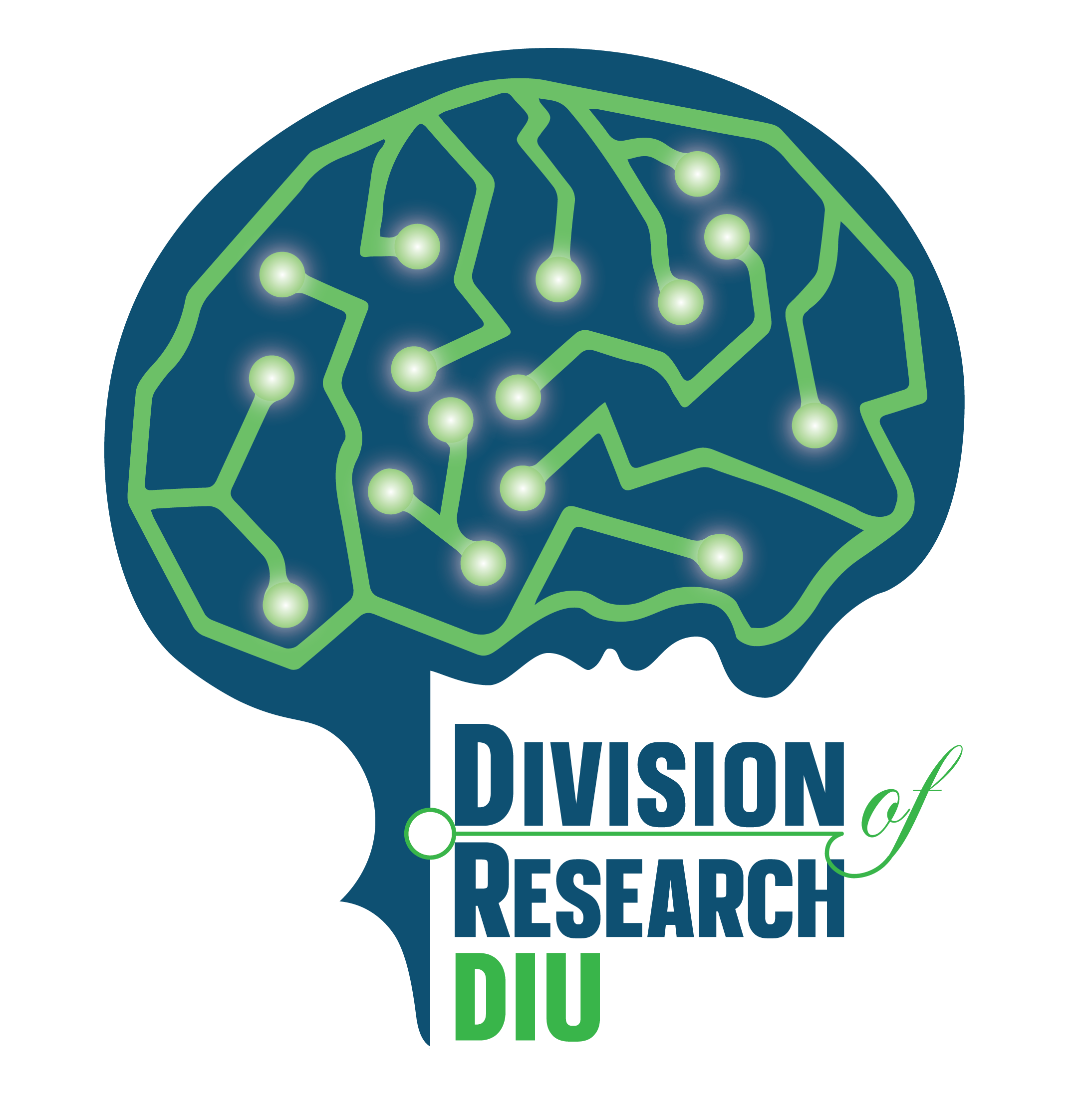Paper Details
- Title
- Indole alkaloids from marine resources: Understandings from therapeutic point of view to treat cancers
- Author
- Fahadul Islam, Talha Bin Emran,
- Abstract
-
Cancer is the leading cause of mortality all over the world. Scientific investigation has demonstrated that disruptions in the process of autophagy are frequently interrelated with the emergence of cancer. Hence, scientists are seeking permanent solutions to counter the deadly disease. Indole alkaloids have been extensively studied and are acknowledged to exhibit several bioactivities. The current state of disease necessitates novel pharmacophores development. In recent decades, indole alkaloids have become increasingly significant in cancer treatment and are also used as adjuvants. A substantial amount of pharmacologically active molecules come from indole alkaloids, which are widely distributed in nature. Indole alkaloids derived from marine organisms show immense potential for therapeutic applications and seem highly effective in cancer treatment. A couple of experiments have been conducted preclinically to investigate the possibility of indole alkaloids in cancer treatment. Marine-derived indole alkaloids possess the ability to exhibit anticancer properties through diverse antiproliferative mechanisms. Certain indole alkaloids, including vincristine and vinblastine, were verified in clinical trials or are presently undergoing clinical assessments for preventing and treating cancer. Indole alkaloids from marine resources hold a significant functionality in identifying new antitumor agents. The current literature highlights recent advancements in indole alkaloids that appear to be anticancer agents and the underlying mechanisms. © 2023 Elsevier B.V.
- Keywords
- indole alkaloidindole alkaloid antineoplastic activityapoptosisbrain cancerbreast cancercancer therapycolon cancercytotoxicitydrug mechanismhumanleukemialiver cell carcinomalung cancerlymphomamarine environmentnonhumanovary cancerprostate cancerReviewskin cancerstructure activity relationuterine cervix cancerneoplasmpharmacophore
- Journal or Conference Name
- X-MOL
- Publication Year
- 2023
- Indexing
- scopus

